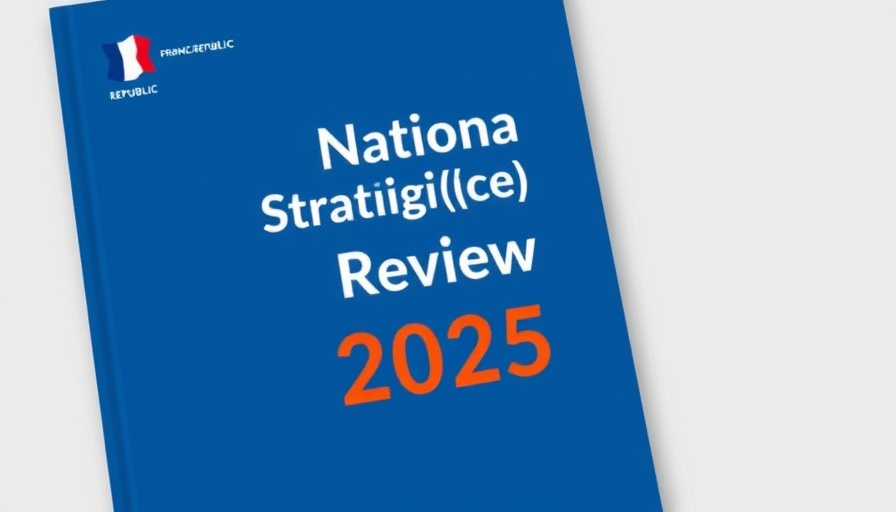
The Important Role of the Commonwealth in Marine Biodiversity
The Commonwealth is currently making significant strides in the conservation of marine biodiversity beyond national boundaries by facilitating the implementation of the BBNJ Agreement, also known as the "High Seas Treaty." This agreement is crucial for tackling the pressing issue of biodiversity loss in the oceans that cover nearly two-thirds of the Earth.
Understanding the BBNJ Agreement’s Impact
Adopted under the United Nations Convention on the Law of the Sea, the BBNJ Agreement establishes a global framework aimed specifically at protecting marine life in areas that fall outside of any one nation's jurisdiction. Such international cooperation is essential as many countries rely heavily on these ocean resources, highlighting the interconnectedness of our planet's ecosystems.
Why Small Island Developing States Matter
Among the nations involved, Small Island Developing States (SIDS) are particularly dependent on marine resources for their economic activity. The Commonwealth Secretariat is actively providing these countries with necessary technical support. For instance, through thematic webinars and national workshops, the Secretariat is helping these nations prepare for the legal, institutional, and functional demands of the BBNJ Agreement.
Statements from Leaders Highlight the Agreement’s Importance
Shirley Ayorkor Botchwey, the Commonwealth Secretary-General, emphasizes the collective dedication to marine conservation, asserting, "The BBNJ Agreement signals our shared commitment to conserve and sustainably use marine biodiversity in the high seas." The proactive engagement from Commonwealth countries during the talks showcases their leadership in marine governance and sustainability initiatives.
What's Next for the BBNJ Agreement?
As countries convene at the UN Ocean Conference in Nice, France, the spotlight is on the progress achieved so far. With over 32 countries having already ratified the BBNJ Agreement—of which a third are Commonwealth nations—there is a clear momentum building towards achieving the needed 60 ratifications for full implementation.
The Way Forward: Ratification and Global Collaboration
The Commonwealth’s role in this initiative not only showcases its commitment to environmental protection but also underscores a broader call for - timely and effective global cooperation on ocean governance. As nations come together to discuss the future of our oceans, the BBNJ Agreement stands as a beacon of hope for sustainable marine biodiversity.
 Add Row
Add Row  Add
Add 




Write A Comment